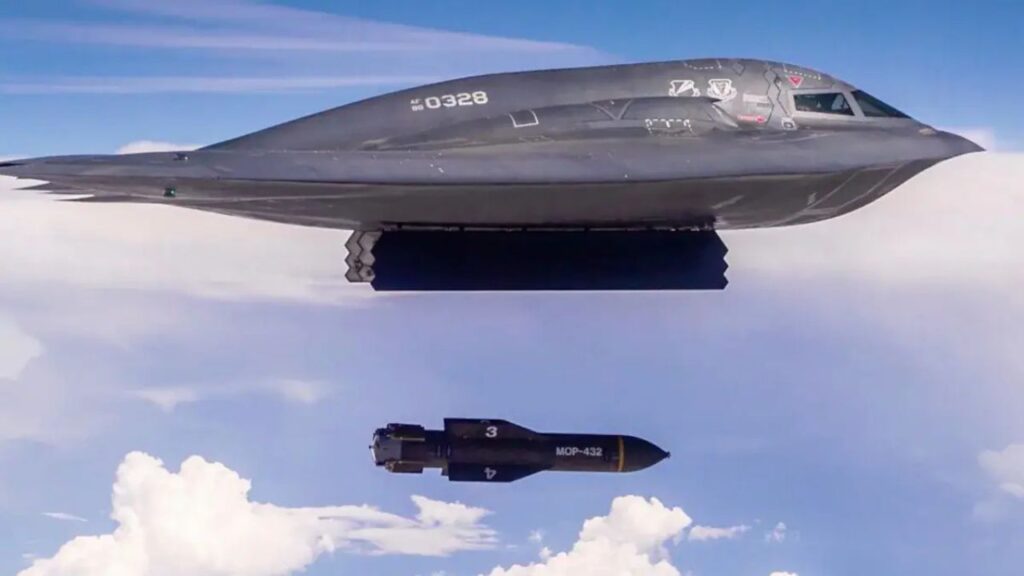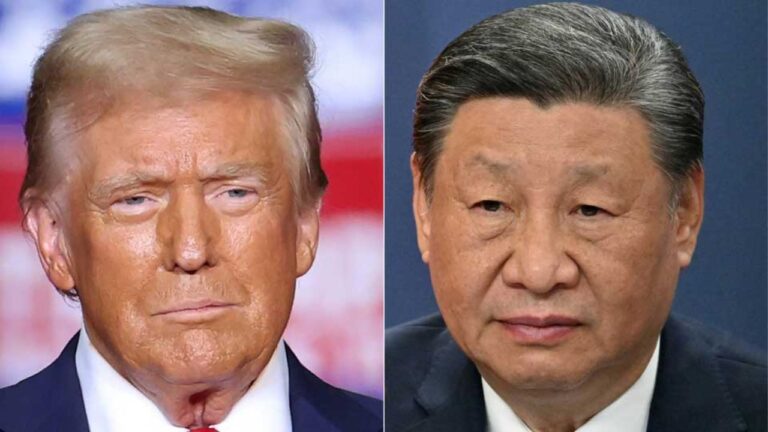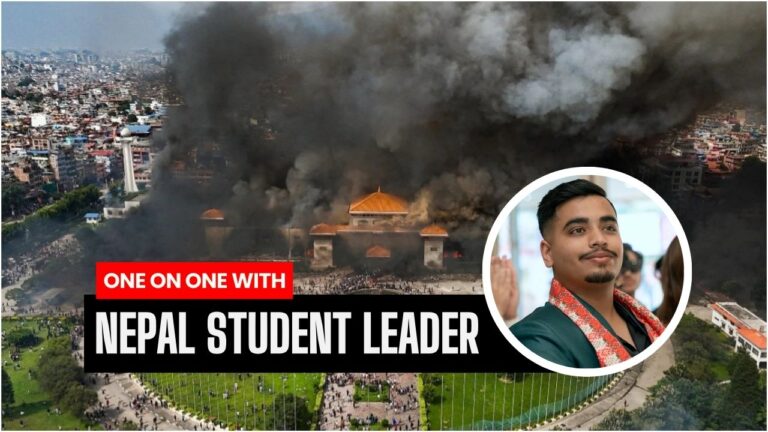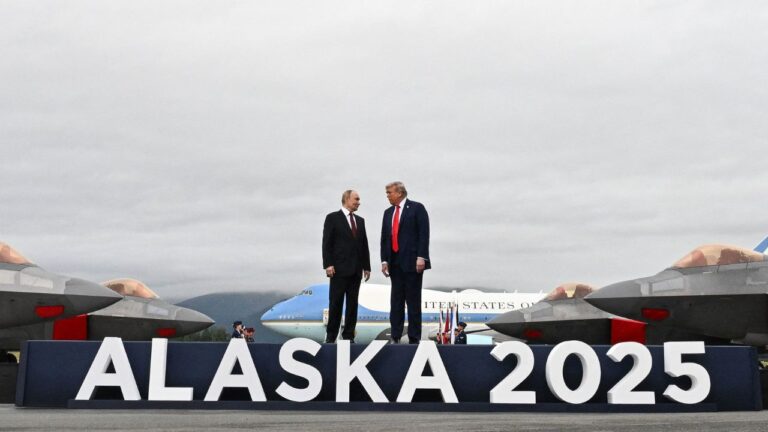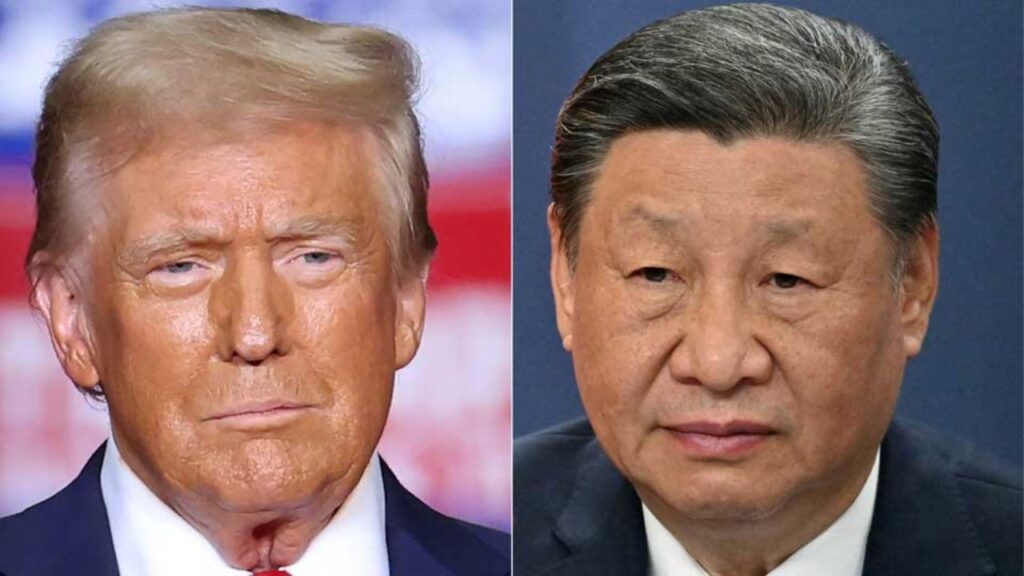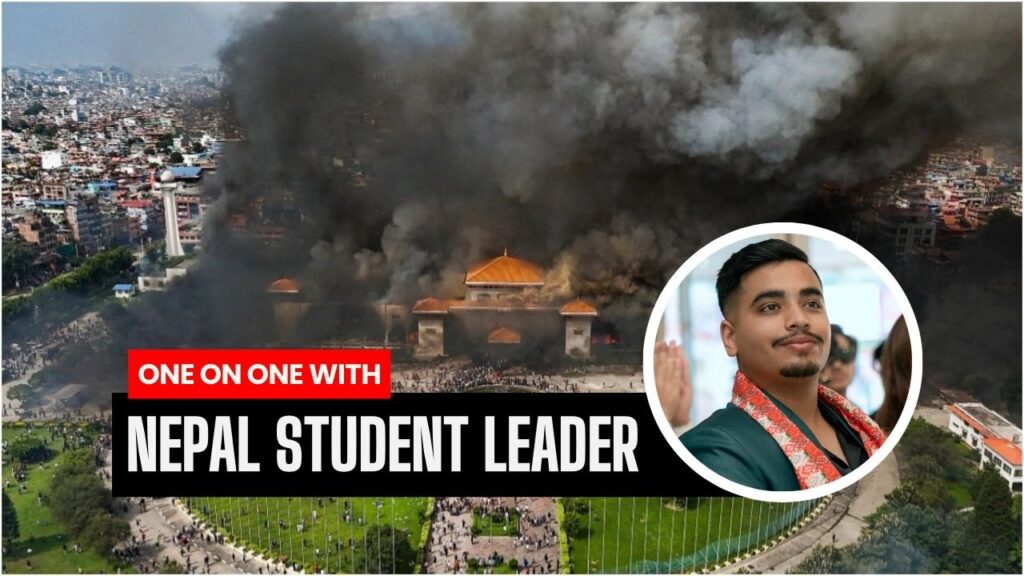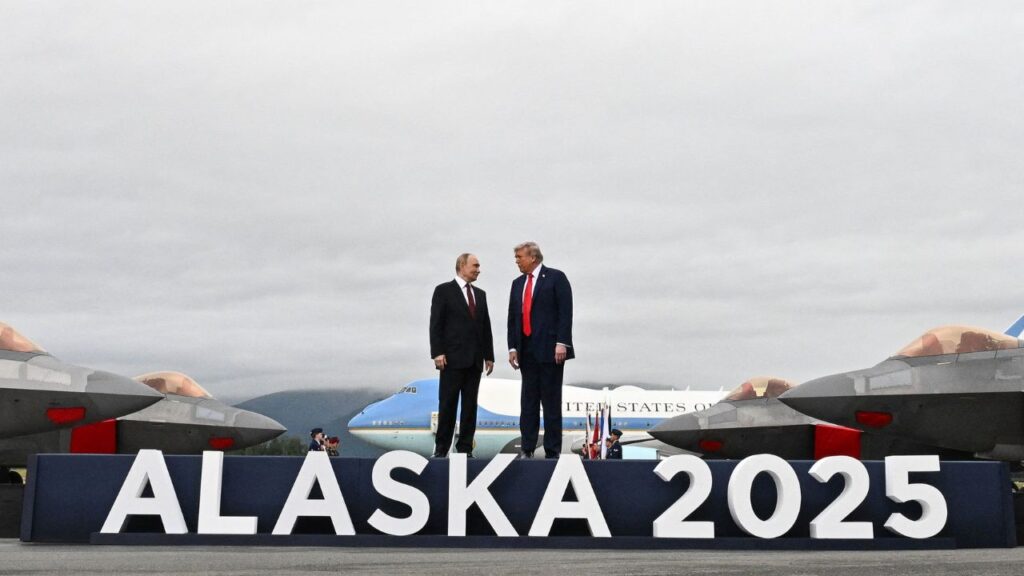In a dramatic escalation of Middle East tensions, U.S. President Donald Trump announced a “very successful” military strike on three of Iran’s key nuclear sites Fordow, Natanz, and Isfahan early Saturday morning. The announcement, made via Truth Social, claimed a “full payload of bombs” had obliterated the Fordow site, and that American aircraft had safely exited Iranian airspace.
US President Donald Trump, who made the announcement, said B-2 stealth bombers were used to attack three nuclear sites in Iran, including Fordow, Natanz, and Esfahan, calling it a historic moment for the US, Israel and the world.
While the Biden-era nuclear deal remains long defunct, Trump’s move has sparked widespread criticism both at home and abroad. Trump’s declaration of triumph, followed by a call for “peace,” was quickly overshadowed by congressional backlash and international alarm. Senate leaders from both parties, including Chuck Schumer and Mark Warner, demanded clarity on the constitutional legality of the strike, invoking the War Powers Act and accusing Trump of bypassing Congress.
This latest strike comes amid ongoing hostilities between Israel and Iran, with Israel’s bombing campaign already resulting in over 400 Iranian deaths. Iran’s Foreign Minister, as well as officials from the Atomic Energy Organization of Iran, condemned the U.S. action as a “blatant violation of international law” and warned of catastrophic consequences if escalation continues.
The UN Secretary-General António Guterres issued a stark warning, labeling the move a “dangerous escalation” and a direct threat to global peace and security. Civil unrest is brewing worldwide, as anti-war protests have already erupted in several major cities.
Washington’s pattern of preemptive military strikes has drawn sharp criticism, with analysts pointing to a history of interventions lacking verified evidence. The U.S. invaded Iraq over unproven weapons of mass destruction, pursued Osama Bin Laden in Afghanistan while he hid in Pakistan, and bombed Libya under the “Responsibility to Protect” doctrine, finding no mass graves. This “strike first, justify later” approach, critics argue, has become a dangerous norm, eroding global trust and fueling instability. Skepticism grows over U.S. motives, as repeated actions without clear justification raise questions about the credibility of its global security policies.
Despite claims from Iran that the Fordow site was previously evacuated, the region remains on high alert. Trump has warned Tehran of “far greater and a lot easier” future strikes if retaliation occurs, echoing a policy of “peace through strength,” a phrase lauded by Israeli Prime Minister Netanyahu.
The U.S. has now stepped further into a volatile regional war, reigniting fears of yet another prolonged and ill-justified conflict in the Middle East

